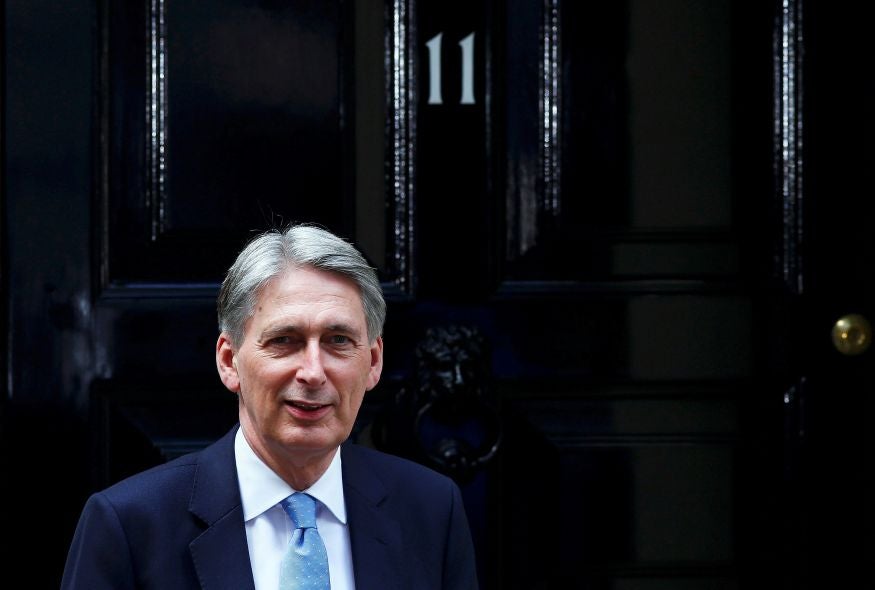Five things to look out for in the world economy this week
Keep your eyes open for advances in Artifical Intelligence, low oil prices, public sector borrowing numbers and PMIs for the world economy


We are going to learn a lot about the world economy this week and it won’t all be good news. The most important day will be Friday, when we get the so-called flash, or advanced, purchasing manager indices for the US, Japan, Germany, France and the Eurozone.
These PMIs will give us the best feeling yet whether the autumn slowdown will be really serious or not, for they will cover around 60 per cent of the world economy. The way the surveys are carried out – asking companies whether they think their output, employment, investment and so on will increase or decrease in the next few months – sounds crude, and it is.
You can imagine the person in the company who has been designated the job of fishing out the information heaving a sigh when they do it. But there is a closer relationship between this data and future economic growth than anything else, so it will be right to take these seriously.
They will be particularly interesting because the noise of Brexit will have faded, and the summer lull is past. My own expectation is that taken together they will confirm an autumn slowdown, but nothing worse than that.

Two days earlier, on Wednesday, there will have been the Fed decision on interest rates. That will be the second thing to look for. The markets estimate a chance of any change as extremely low, perhaps 15 per cent of there being an increase, so it would be a huge shock were anything to happen. Assume it won’t. But what is said by the Fed chair, Janet Yellen, will matter for the markets also signal an even chance of US rates going up by December. Again, this will be evidence helping us gauge the dangers of a serious slowdown through the autumn.
Third, back home. On Wednesday we also get public sector borrowing numbers for August, which will give a feeling as to whether Brexit is hitting public finances. We will be five months into the financial year and for the first four they were running a little weaker than expected. Or put the other way, the deficit was not narrowing as quickly as hoped. The whole fiscal plan will be changed on 23 November, when the new chancellor Philip Hammond outlines the revised public finances projected for the rest of this parliament. That is a way off, but we – and the Treasury team – will learn more this week about the base on which the redrafting will sit.
The other two things to look for are not so much events this week but longer-standing issues that we need to understand better. One concerns the impact of the fall in oil prices this year, the other the transformative impact of artificial intelligence.
Lower oil prices ought to have boosted the US economy, right? Well it seems they haven’t. A study by the Brookings Institution, a Washington-based think tank, shows that the boost to consumption from lower prices was offset by a decline in investment by the oil industry. Result? The fall has been neutral as far as the US is concerned. Now it may be that from a global perspective there has been a net increase in real demand but I suspect it may be smaller than many of us expected.
Finally, artificial intelligence: it is something arcane and far into the future? Not at all. Anyone who has used Siri, Cortana, or indeed any of the digital concierge services is using artificial intelligence. Anyone reading this via Facebook or finding it through Google may have been directed towards these worlds by AI. Anyone using a road-direction service that takes in real-time traffic information is using AI … and so on. At its best, it conveys the wisdom of crowds; at its worst, it condemns us to live in silos of ideas that are similar to our own. In other words it helps create new barriers, rather than helping us leap across them.
Join our commenting forum
Join thought-provoking conversations, follow other Independent readers and see their replies
Comments
Bookmark popover
Removed from bookmarks